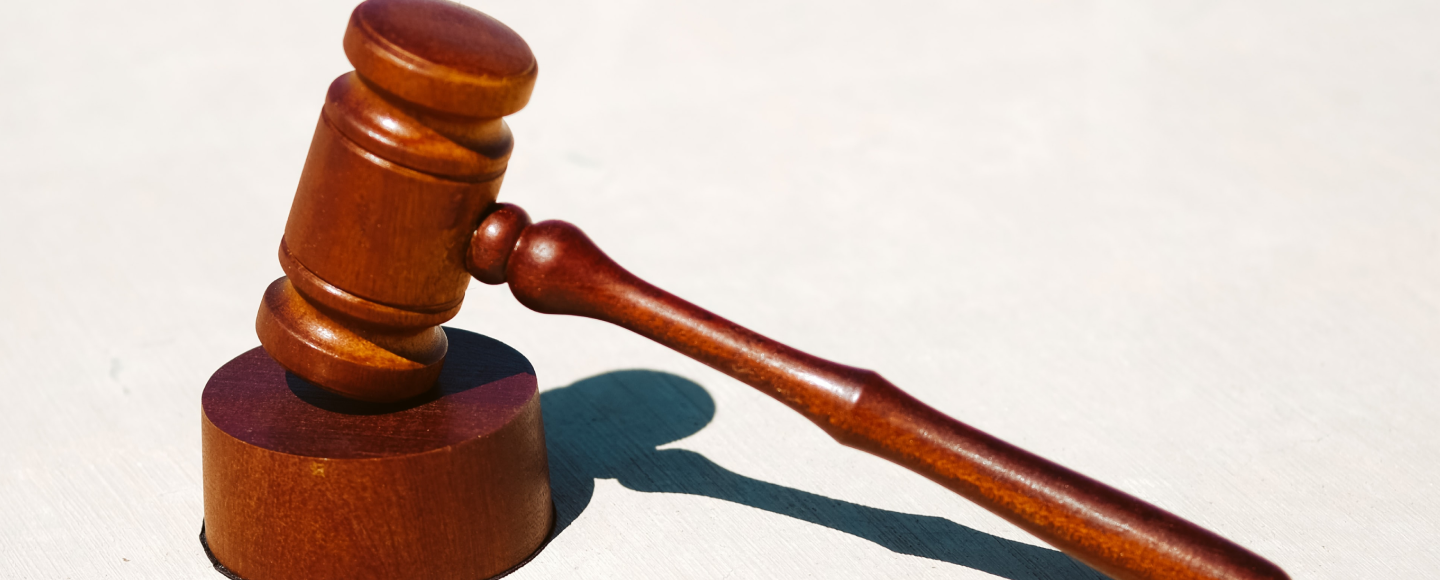The Limits of Police Power in a Traffic Stop
Let’s say you’re pulled over for speeding. The cop comes up to your window and says he clocked you going 74 in a 65 (leaving aside for the moment that everyone drives faster than that during rush hour, including the same cop who pulled you over).
It’s 1:00 in the morning, and you know you had a couple of beers over the course of the night. You think you’re fine to drive, but you’re scared now. You may think that because the cop legitimately caught you speeding, that you no longer have any rights to avoid the inevitable — field sobriety tests, breathalyzer, and possibly a DWI charge depending on what that magical number reveals.
According to the United States Supreme Court in Rodriguez v. United States (2015), even when the government is able to establish a lawful basis for a traffic stop (e.g., speeding), the scope of the State’s authority to intrude on your liberty is limited to the scope of the original purpose for the stop. That means, if you’re stopped solely for speeding, the stopping officer has no authority to ask you to step out of your car to perform field sobriety tests. He has no authority to detain you so he can call in a check-in officer, solely because he smells alcohol after conducting the stop. Without new evidence of an actual crime, that officer cannot detain you longer than necessary to issue a speeding citation and send you on your way.
But if he smells alcohol, doesn’t that give him enough to conduct a DWI investigation? Absolutely not.
Let’s not forget: Consuming alcohol and driving a car in North Carolina is not a crime.
Our cops, prosecutors, and judges often forget this critically important fact when evaluating impaired driving cases, but your lawyer should not lose sight of this fact. Thousands of DWI cases every year in North Carolina originate with nothing more than a speeding violation, and many of them escalate into unconstitutional DWI detentions without any evidence of actual impaired driving. If you’ve been charged with a DWI and the only basis for the stop was speeding, and without any evidence that you were actually drunk, the stopping officer decided to order you out of the car to perform field sobriety tests and ultimately blow into a breathalyzer, there was likely a constitutional violation in your case that could result in a dismissal of your DWI charge.
★★★
Raleigh DWI lawyer Ben Hiltzheimer is a criminal defense attorney with offices in Raleigh and Durham, North Carolina, with a long history of fighting complicated DWI cases. Contact us for a free, confidential consultation and case evaluation at (919) 899-9405.







